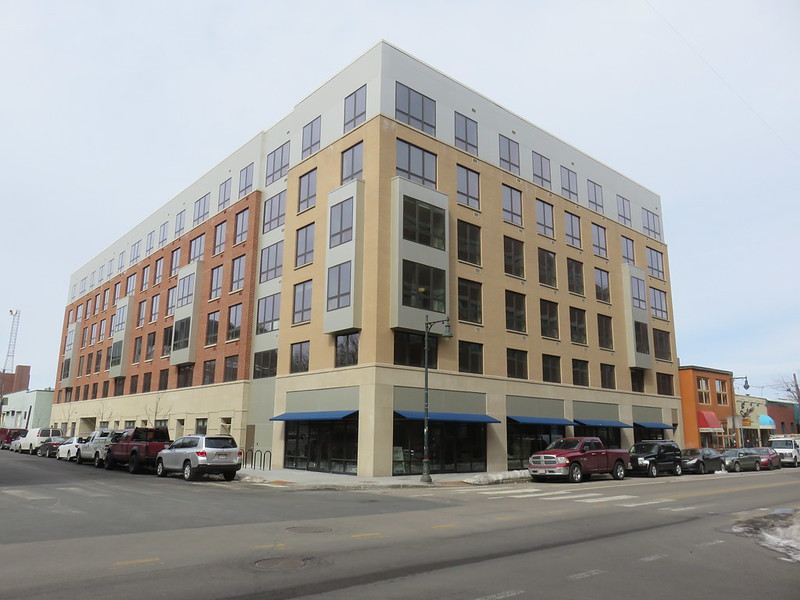I'm not sure how anyone can reasonably construct a precise estimate on the number of units needed to stabilize housing prices for something as localized as Cambridge.
At the end of the day, it is a smallish city in a metro area of almost 5 million people. Conceivably, Cambridge's supply/demand is a function of the Greater Boston market for close in urban living. This depends on regional job growth, consumer preferences, and what its peers (Brookline, Boston, and Somerville, and maybe some of the inner ring suburbs) are doing with supply. Consumer preferences seems especially hard to forecast. Particularly since urban development tends to make a place more attractive and raises demand in the adjacent area.
Obviously, more housing is a good thing for Greater Boston. As the only way to tackle the housing shortage is to 1) build more housing or 2) make Bos/Cambridge less desirable. But, I don't know how anyone can determine the exact number with any sort of specificity.
UPDATE: In fairness, they cited a range of 3,000-6,000. But, even that seems way too precise. Given the size of the MSA, 30k affluent households in the burbs wanting to move into the core wouldn't be beyond the realm of possibility. Or alternately, an uptick in affluent couples deciding to stay in the core vs. move out the burbs could also result in a big swing in demand.















